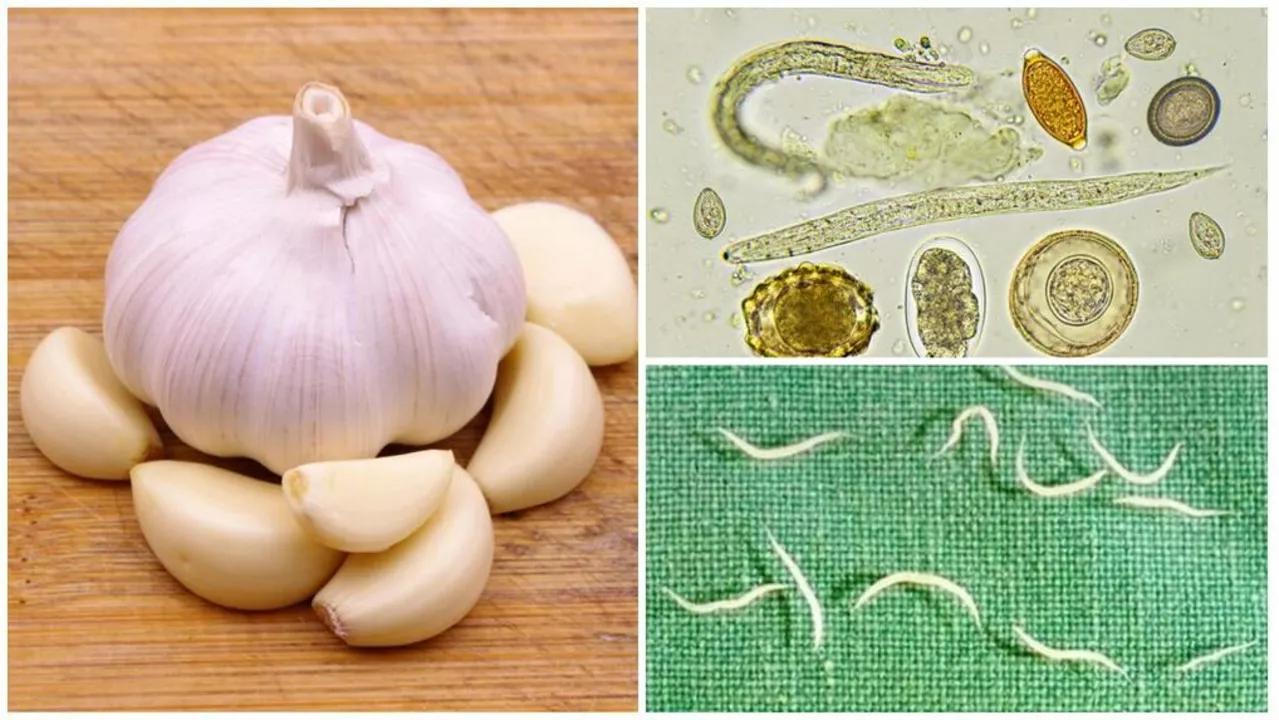Parasite Infection Overview – What You Need to Know
If a tiny organism has taken up residence in your body, you’re dealing with a parasite infection. These bugs can cause itching skin, fever, stomach pain, or fatigue. The good news is most infections are treatable if you spot the signs early and get the right medicine.
Common Types of Parasites
Scabies is caused by a mite that burrows under the skin. It leads to intense itching, especially at night. A single cream like Elimite can clear it up in a few days if you apply it correctly.
Malaria spreads through mosquito bites and shows up as fever, chills, and flu‑like symptoms. Urban areas are becoming new hotspots because standing water creates breeding grounds for mosquitoes. Protect yourself with insect repellent, nets, and prompt treatment if you feel sick after a bite.
Intestinal worms such as hookworm or tapeworm live in your gut. They often cause stomach cramps, weight loss, or anemia. A single dose of an antiparasitic pill can flush them out, but you’ll need a doctor’s prescription to choose the right one.
Treatment and Prevention Tips
First thing: see a health professional for a proper diagnosis. Over‑the‑counter creams work for skin bugs, while oral meds are needed for blood or gut parasites. If you’re buying medication online, stick to reputable pharmacies that require a prescription and show real prices. Avoid sites that promise “cheap without script” – they often sell fake products.
When using topical treatments like Elimite cream, wash the affected area, apply a thin layer, and leave it on for the recommended time. Repeat if the doctor says so. For malaria pills, take the full course even if you start feeling better; stopping early can let parasites survive and become resistant.
Prevention is cheaper than cure. Use mosquito nets or screens at night, wear long sleeves in high‑risk zones, and keep your living space free of standing water. Good hygiene—regular hand washing and cooking food thoroughly—cuts down the chance of swallowing worm eggs.
If you travel to a region with known parasite problems, consider getting prophylactic medication before you go. Talk to your doctor about what’s right for you based on your health history.
Remember, most parasite infections are manageable. Spotting symptoms early, getting the correct prescription, and following safe buying practices keep you on the road to recovery faster than you think.
Using albendazole to treat trichuriasis: A step-by-step guide
In my latest blog post, I've delved into the process of using albendazole as a treatment for trichuriasis, a parasitic infection caused by whipworms. I've provided a comprehensive step-by-step guide that covers the proper dosage, administration, and precautions needed when using this medication. Throughout the post, I've emphasized the importance of consulting with a healthcare professional before starting any treatment. I've also touched upon the potential side effects and the significance of proper hygiene measures to prevent reinfection. By following this guide, individuals affected by trichuriasis can effectively manage and treat their condition.
© 2026. All rights reserved.

